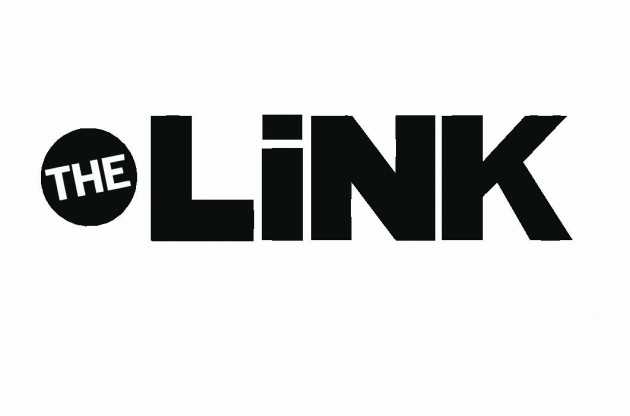HIV+ First Nations Peoples Encouraged to Tell Their Story
ConU Lecture Series Continues with Prominent Activist
Members of the Aboriginal community living with HIV and AIDS need to speak up and share their stories in order to gain strength and persevere, was the message delivered to Concordia students last week.
“We need to talk about [HIV and AIDS], especially given that rates of HIV are on the increase in our communities,” said Doris Peltier, an aboriginal woman living with AIDS, whose speech was part of the Concordia community lecture series on HIV / AIDS.
Peltier, diagnosed with AIDS in 2002, spoke about her efforts to deal with the virus personally and the effects it had within her community.
“As an HIV positive aboriginal woman, I didn’t want to just be another statistic,” she said. “I decided to step out and start speaking about it and disclose my HIV status publicly because we need to talk about it.”
Peltier spoke about how she had been on a trajectory for getting AIDS since the age of three, when her family was torn apart by the residential school system.
The residential school system and all destructive aspects of colonization played a large part in her lecture. Peltier says it is urgent for Indigenous peoples to ‘decolonize’ and regain a sense of culture and belonging.
“How do we reconcile? How do we heal?,” she asked.
“We need to do it ourselves, within our own communities. We talk about decolonizing—it’s really about removing those layers: whether it’s drug addiction, alcoholism, or childhood sexual abuse.”
She concluded in saying that decolonization takes place when people tell their stories. When people talk about what they have experienced, their story is validated, which in turn helps those who are also struggling.
The next lecture in the HIV / AIDS series will be delivered by Dr. Barry Adam on the theme of ‘Neoliberalism, Masculinity, and HIV Risk’ on Mar. 15.




_600_375_90_s_c1.jpg)

1_600_375_90_s_c1.jpg)
_600_375_90_s_c1.jpg)